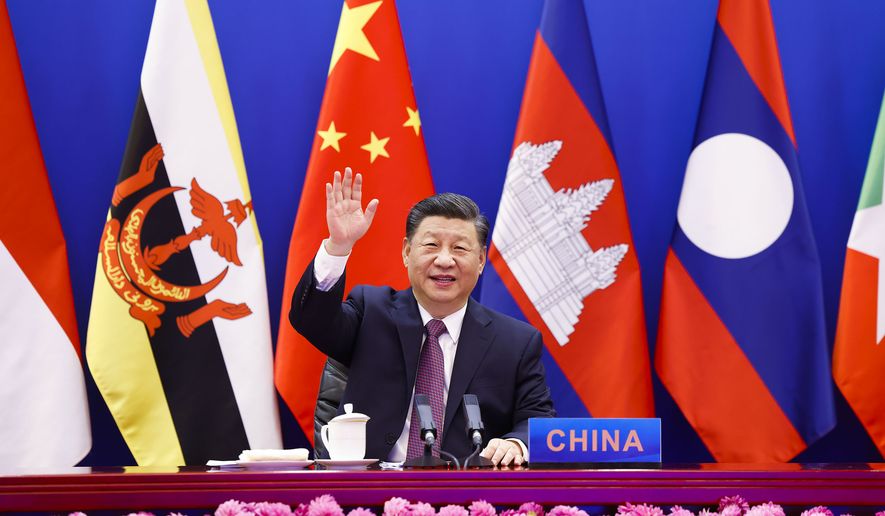Mao Zedong and Deng Xiaoping now have company in the pantheon of China’s revered leaders.
The Chinese Communist Party (CCP) elevated President Xi Jinping in a historic resolution, as Mr. Xi, who took power in 2012, prepares to extend his autocratic rule by at least one five-year term.
China and Mr. Xi are revising the past to chart the way forward in their rivalry with the United States over an array of global issues. Relations between the two nations are at a low point, although both sides are talking again.
In this episode of History As It Happens, the Mercatus Center’s Weifeng Zhong discusses why the CCP anointed Mr. Xi, whose rule has become increasingly autocratic while avoiding the fanatical, murderous campaigns of the Mao era.
The resolution is designed to prepare the way for major domestic policy changes that may be unpopular or contradict historically approved ideas, said Mr. Zhong, who forecasts Chinese policy-making by analyzing state propaganda.
“If you think about the last time China did [a historic resolution], for the former leader Deng Xiaoping in the late ’70s, early ’80s, there was debate in the Chinese Communist Party about how to talk about Mao going forward if they were trying to overturn his general direction of central planning,” Mr. Zhong said.
The Deng-era resolution severely criticized Mao, thereby establishing in official circles a justification for changing course later on. Deng ushered in market reforms largely credited for turning China into an economic power.
The resolution anointing Mr. Xi is less critical of Mao: It exalts his success in founding the People’s Republic of China in 1949.
“So for President Xi, signs suggest that he is trying to pursue some Mao-style [economic] policies,” Mr. Zhong said, which necessitated the historic resolution to cultivate public favor.
Are the U.S. and China heading for another “Cold War?” Listen to Mr. Zhong’s answer by downloading this episode of History As It Happens.




